29 April 2025
When we think about early childhood, images of little ones learning to walk, talk, and explore their world often come to mind. But there's another essential aspect of early development that sometimes gets overshadowed—social skills. These skills play a critical role in shaping how children interact with others, manage their emotions, and build relationships. As parents, you probably wonder, “How can I help my child develop strong social skills?” Well, you're in the right place! Let’s dig into the importance of social skills development in early childhood and what you, as a parent, can do to foster these life-long abilities.
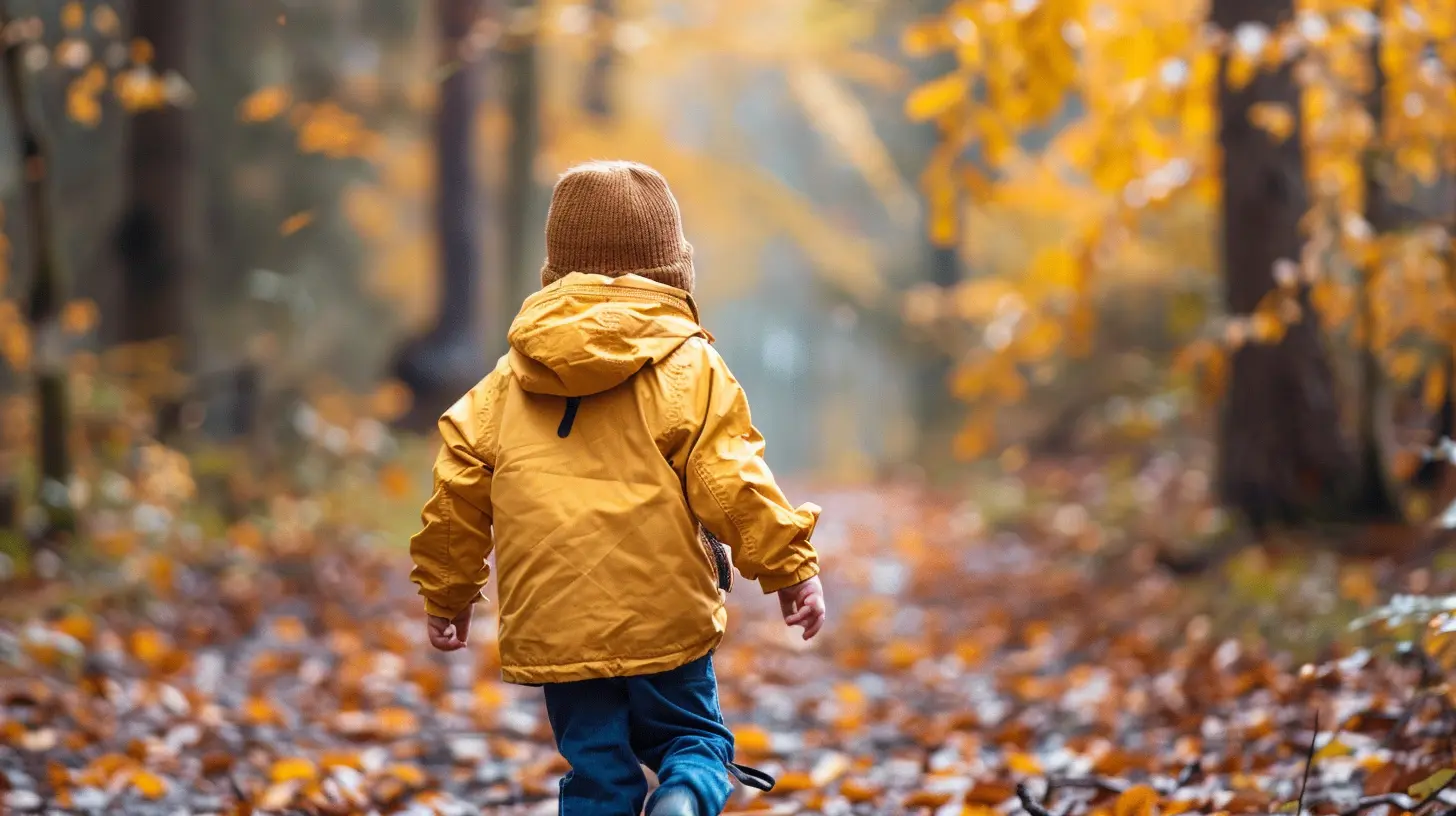
Why Are Social Skills Important?
Before we dive into the "how," let’s talk about the "why." Why are social skills so crucial in early childhood? Social skills are the building blocks for healthy interactions and relationships. They help children navigate their world, whether it's learning to share toys, take turns in conversation, or express their feelings appropriately.Social skills are also directly tied to emotional development. When your child can communicate their needs, establish friendships, and resolve conflicts, they’re not just becoming socially competent—they're learning how to manage their emotions effectively. This emotional regulation is key for success in school and later in life.
In short, social skills aren’t just about getting along with others; they’re about becoming well-rounded, emotionally intelligent individuals. And who doesn’t want that for their child?

The Stages of Social Skills Development
Social skills development doesn’t happen overnight. Just like learning to walk, it happens in stages. Understanding these stages can give you a better idea of how to support your child as they grow.Infants (0-12 Months)
Even though babies can't talk yet, social development starts from birth. During this stage, infants learn about trust and responsiveness. When you respond to their cries, smiles, and coos, they’re learning that their actions have an effect on the world around them. This is the foundation for later social interactions.Key Social Milestones:
- Smiling and making eye contact- Responding to familiar faces
- Engaging in simple back-and-forth interactions like peek-a-boo
Toddlers (1-3 Years)
Toddlers are all about exploring—both their environment and their budding social skills. They start to engage in parallel play (playing beside other children rather than with them) and begin to recognize emotions in themselves and others.Key Social Milestones:
- Imitating others' actions and speech- Showing preferences for certain people or toys
- Beginning to understand the concept of sharing (though they're not always good at it!)
Preschoolers (3-5 Years)
At this stage, kids are becoming more aware of the social world around them. They start engaging in cooperative play, meaning they play with other children, not just next to them. This is also the age where they begin to develop empathy and understand that other people have feelings too.Key Social Milestones:
- Taking turns and following simple rules- Expressing a wider range of emotions
- Beginning to understand and practice empathy
School-Age Children (5+ Years)
Once your child enters school, their social skills will continue to develop rapidly. They’ll form more complex friendships, learn how to resolve conflicts, and begin to understand social cues like body language or tone of voice.Key Social Milestones:
- Maintaining friendships- Negotiating and compromising during play
- Understanding the concept of fairness and justice
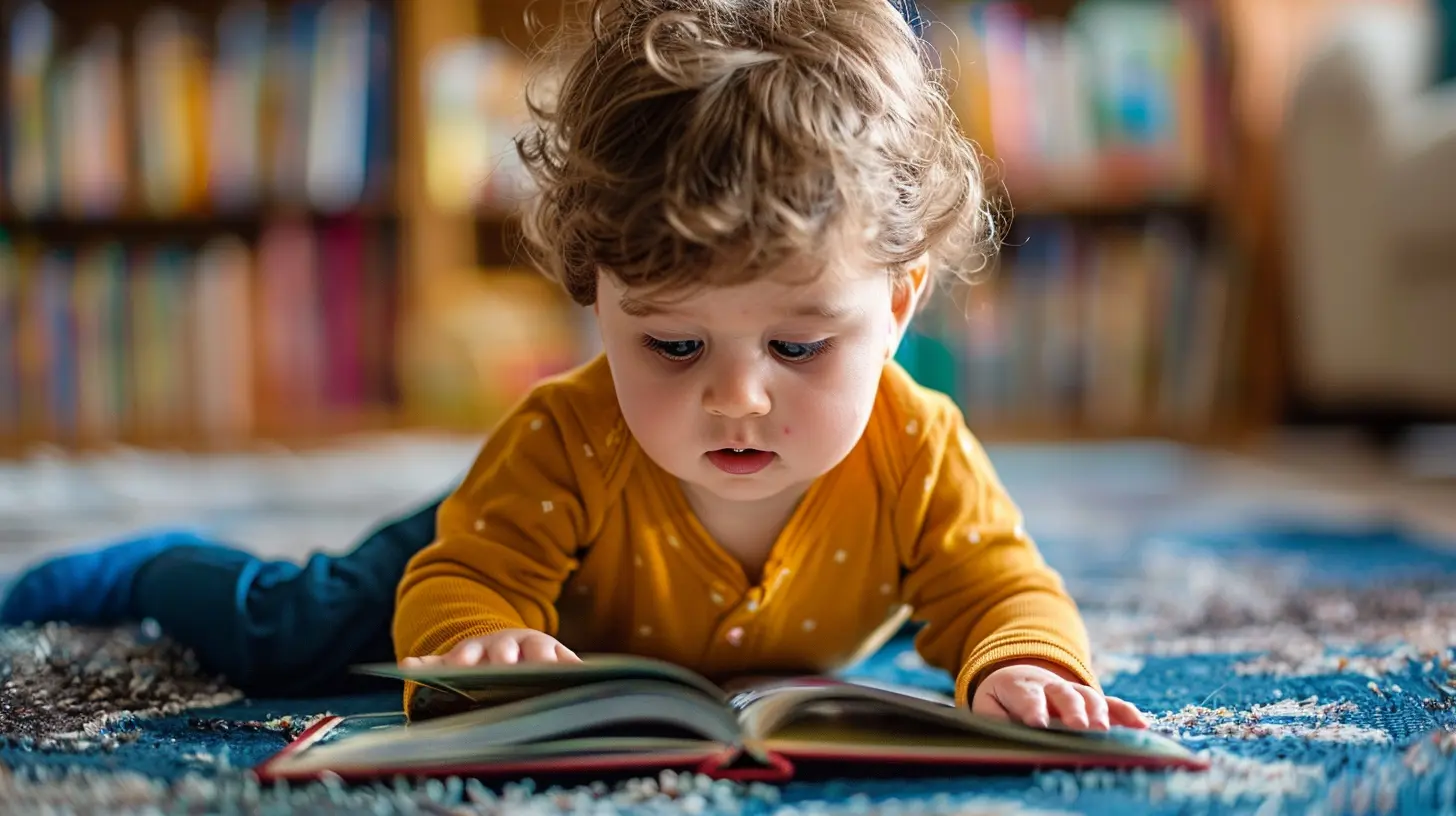
How Parents Can Support Social Skills Development
Now that we’ve covered the stages, let’s talk about what you can do as a parent to encourage social skills development at each step of the way. Spoiler alert: It’s not as complicated as you might think!1. Be a Role Model
Kids are like little sponges—they absorb everything! One of the best ways to teach social skills is by modeling them yourself. When they see you being polite, resolving conflicts calmly, or showing empathy, they’re learning those same behaviors. Whether it's saying “thank you” to the barista or helping a neighbor, your actions speak volumes.2. Encourage Playtime
Play is an essential aspect of social development. Through play, children learn how to share, negotiate, and cooperate with others. Whether it’s setting up a playdate or encouraging independent play, make sure your child has plenty of opportunities to engage with their peers.Think of play as a social laboratory where kids experiment with different social roles and practice skills like communication and problem-solving. And it doesn't always have to be structured either—free play can be just as beneficial!
3. Teach Emotional Vocabulary
One way to help your child manage their social interactions is by giving them the words to express their feelings. This is called building “emotional vocabulary.” When your child is upset, calmly help them label their emotions. For example, “It looks like you’re feeling frustrated because your toy broke. Is that right?”By giving them the language to describe their feelings, you’re equipping them with tools to communicate better with others. And once they understand their own emotions, they’ll be better at understanding others' emotions too.
4. Practice Turn-Taking
Turn-taking is one of the earliest social skills children need to master. Whether it’s sharing toys, taking turns during a game, or even waiting their turn to speak in a conversation, practicing turn-taking can help children develop patience and fairness.You can practice this at home by playing simple board games or even during everyday activities like setting the table. Make it fun, and be sure to praise them when they wait their turn patiently.
5. Encourage Problem-Solving
Conflict is a natural part of social interaction—after all, even adults don’t always agree! Teaching your child to resolve conflicts with their peers is a critical social skill. Instead of jumping in to solve every problem for them, encourage your child to think of solutions.For example, if your child is arguing with a friend over a toy, ask, “How do you think we can solve this so that both of you are happy?” This helps them practice negotiation and compromise, both of which are essential for healthy relationships.
6. Use Positive Reinforcement
Social development can be tricky, and children won’t always get it right on their first try. That’s why positive reinforcement is so important. When you catch your child demonstrating good social behavior—whether it’s sharing, being kind, or showing empathy—acknowledge it. A simple “I’m proud of how you shared your toy with your friend today!” can go a long way in encouraging them to keep up the good work.7. Read Books About Social Skills
Children’s books are a fantastic way to teach social skills in a fun, engaging way. Many books are specifically designed to address topics like sharing, empathy, and friendship. As you read together, ask your child questions like, “How do you think the character is feeling?” or “What could they do to solve their problem?” This encourages them to think critically about social situations.8. Limit Screen Time
While technology isn’t inherently bad, excessive screen time can limit the amount of face-to-face interaction your child has with others. Social skills are best learned through real-life experiences, not through a tablet or TV screen. Try to strike a balance by setting limits on screen time and encouraging interactive play instead.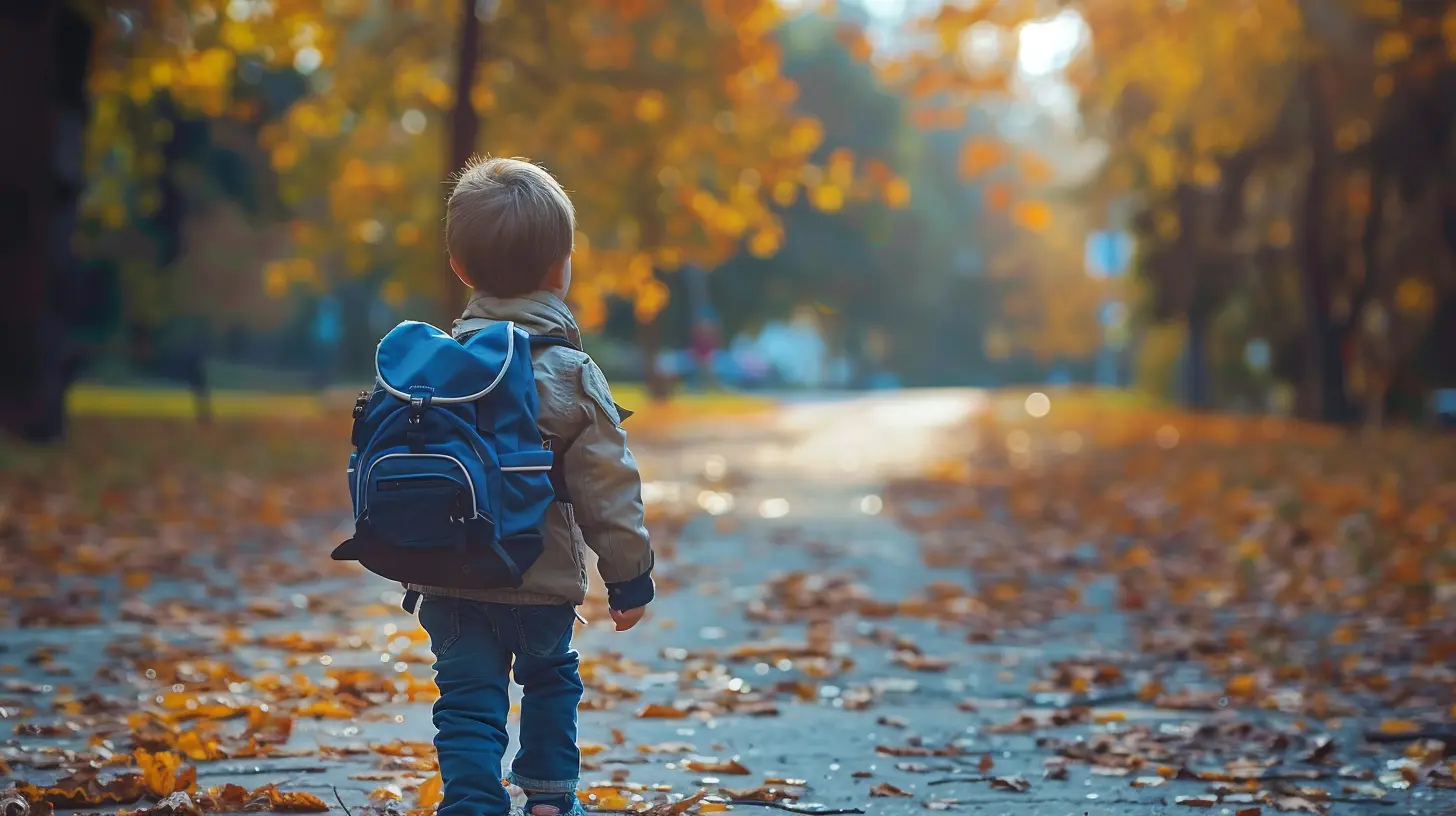
Common Challenges in Social Skills Development
Even with the best intentions, parents often face challenges when it comes to supporting their child’s social development. Here are a few common hurdles and how to overcome them.Shyness
Some children are naturally shy, and that’s okay! If your child struggles to engage with others, don’t force them into social situations. Instead, gently encourage small steps, like playing with one other child at a time or engaging in activities that don’t require direct interaction, like parallel play.Aggressive Behavior
It’s not uncommon for young children to express frustration through aggressive behavior, especially if they lack the language to express their emotions. If this happens, calmly intervene and help them find better ways to express their feelings. Teach them phrases like “I’m mad” or “I don’t like that” as alternatives to hitting or yelling.Difficulty Sharing
Sharing can be tough for toddlers and preschoolers because they’re still learning about ownership and fairness. Practice sharing at home by playing games that involve taking turns or sharing toys. Praise your child when they share willingly, and be patient—this skill takes time to develop.Wrapping It Up
Social skills development in early childhood is a fascinating journey. While it may sometimes feel daunting as a parent, remember that small, everyday interactions help your child build the foundation for a lifetime of healthy relationships. It’s all about modeling positive behavior, encouraging play, and giving your child the tools they need to navigate their social world.So, the next time your little one negotiates a toy swap or comforts a crying friend, give yourself a pat on the back. You’re doing a great job helping them grow into socially adept, emotionally intelligent individuals. And that, my friend, is priceless.




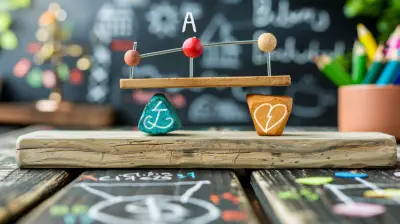

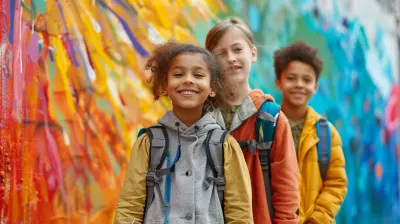
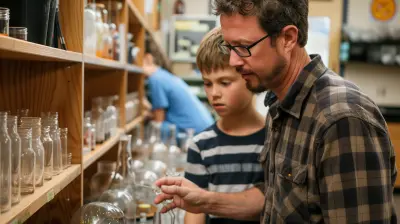

Jemima Gates
Great insights! Supporting social skills in early childhood is vital for lasting relationships and confidence.
December 20, 2025 at 10:06 PM